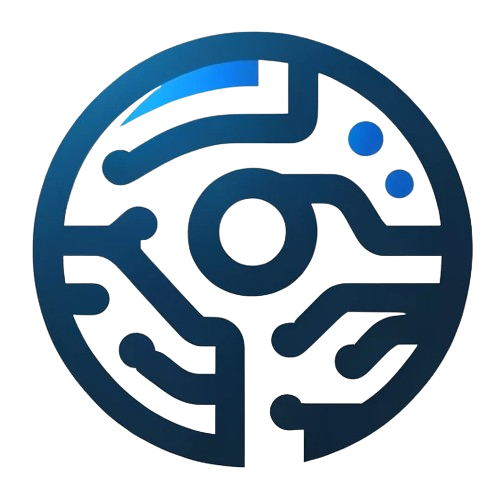Artificial Intelligence (AI) is revolutionizing industries, creating new job roles, and reshaping the skills required in the tech workforce. As AI continues to evolve, programming skills specific to this field have become increasingly important. This blog post explores the essential programming skills needed for AI, the languages that dominate the AI landscape, and how to cultivate these skills for a successful career in AI.
The Core Programming Skills for AI
1. Proficiency in AI Programming Languages
- Python: Dominates the AI field due to its simplicity and the vast availability of AI and machine learning libraries (like TensorFlow, PyTorch, and scikit-learn).
- R: Widely used in statistical analysis and data visualization, making it another valuable language for AI, particularly in data-driven AI applications.
- Java: Offers benefits in terms of speed and scalability, making it suitable for building large-scale AI systems.
- C++: Used in AI for its execution speed, which is crucial for AI programming where time efficiency is often a critical factor.
2. Understanding of Algorithms and Data Structures
A solid grasp of algorithms and data structures is vital for AI programming. This includes knowledge of sorting algorithms, search algorithms, hash tables, trees, and graphs. These concepts are fundamental in optimizing AI applications and enhancing their problem-solving capabilities.
3. Knowledge of Machine Learning Algorithms
Understanding various machine learning algorithms (such as linear regression, decision trees, and neural networks) and their applications is crucial. It involves not only implementing these algorithms but also understanding when and how to apply them effectively.
4. Familiarity with Neural Networks and Deep Learning
As AI advances, proficiency in neural networks and deep learning becomes increasingly important. This includes an understanding of the architecture of neural networks, forward and backward propagation, and tuning network parameters.
5. Expertise in Data Preprocessing and Analysis
AI heavily relies on data. Therefore, skills in data preprocessing (cleaning, normalization, feature extraction) and analysis are essential. Familiarity with data manipulation tools and libraries (such as Pandas in Python) is crucial.
Cultivating AI Programming Skills
Educational Resources
- Online Courses: Platforms like Coursera, edX, and Udacity offer specialized courses in AI programming.
- Tutorials and Guides: Many free resources are available online that provide tutorials and guides on AI programming languages and concepts.
Practical Experience
- Projects: Engage in projects that allow you to apply AI programming skills in real-world scenarios.
- Hackathons and Competitions: Participate in AI hackathons and competitions to challenge your skills and learn from others.
Community Engagement
- Forums and Groups: Join AI programming forums and groups (like those on Reddit, Stack Overflow, or GitHub) to stay updated on the latest trends and seek advice.
The Future of Programming Skills in AI
As AI technologies evolve, the demand for skilled AI programmers will continue to grow. Emerging trends, such as AI in edge computing, AI for cybersecurity, and quantum computing, will further expand the skill sets required in this field. Staying abreast of these developments and continuously honing your AI programming skills will be key to a successful career in AI.
In conclusion, programming skills in AI encompass a wide range of competencies, from proficiency in specific programming languages to an understanding of machine learning algorithms and data analysis. By focusing on these areas and seeking opportunities for practical application, aspiring AI professionals can build a strong foundation for a career in this exciting and dynamic field.

